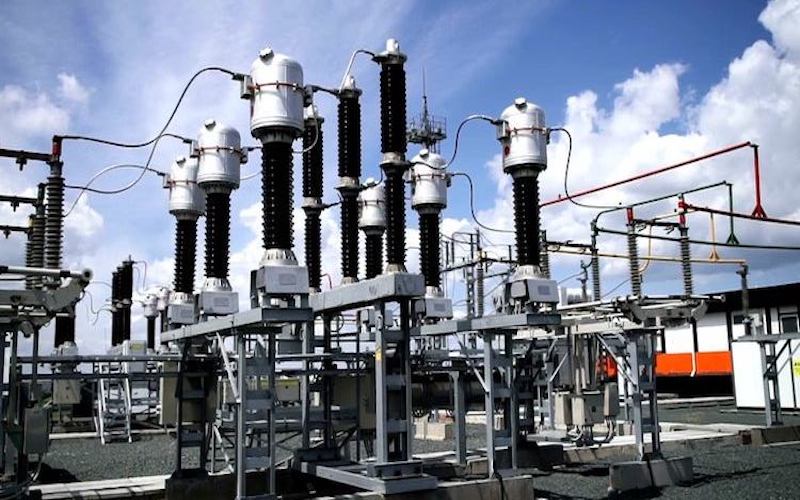The Nigerian federal government has initiated a new round of consultations to revamp the country’s struggling power sector, with a key focus on addressing challenges in gas supply. During a three-day retreat convened in Abuja, Minister of Power, Chief Adebayo Adelabu, highlighted the need for industry players to consider shifting away from dollar-denominated transactions to tackle the volatility of gas prices by Generation Companies (Gencos).
Addressing Gas Price Volatility
Minister Adelabu suggested that removing the dollar factor in pricing gas for Gencos could help manage foreign currency-related inflationary trends. The proposal aims to enhance the faithful application of the Multi-Year Tariff Order (MYTO) methodology, ensuring a more stable pricing mechanism. The minister emphasized the urgency of pursuing domestic gas policies, incentivizing stakeholders to supply gas for electricity generation, industrial activities, and conversion to Compressed Natural Gas (CNG) and Liquefied Petroleum Gas (LPG) for transportation and domestic uses.
Integrated National Electricity Policy
The retreat marked the first step towards establishing the Integrated National Electricity Policy and Strategic Implementation Plan, as required by the Electricity Act, 2023. Minister Adelabu highlighted the current energy mix, with over 98% of feedstock for electricity generation coming from transition or clean fuels such as solar, hydro, wind, and bioenergy.
Restructuring the Transmission Sector
Adelabu acknowledged challenges in the transmission sub-sector and proposed restructuring the Transmission Company of Nigeria (TCN) into two entities: Independent System Operator (ISO) and Transmission Service Provider (TSP). He urged collaboration between states, local governments, and Distribution Companies (Discos) to invest in reinforcing and extending local distribution infrastructure.
Challenges and Regulatory Perspectives
Chairman of the Nigerian Electricity Regulatory Commission (NERC), Mr. Sanusi Garba, highlighted regulatory challenges, including poor corporate governance, litigation against NERC, and limited enforcement powers. He stressed the need for political will and legal interventions to drive successful reforms.
Financial Considerations and Future Plans
Minister of Finance and Coordinating Minister of the Economy, Mr. Wale Edun, emphasized the importance of a steady power supply for economic growth, aligning with President Bola Tinubu’s agenda. Minister of Budget and Economic Planning, Atiku Bagudu, highlighted the key role of the private sector in the power sector, emphasizing the limited capacity of the public sector for significant spending.
BPE’s Privatization Plans
The Bureau of Public Enterprises (BPE) announced plans to sell government stakes in entities such as Eleme Petrochemical Company Limited, Electricity Distribution Companies, Nigeria-Reinsurance, Nicon Insurance, and Nigeria Machine Tools through Initial Public Offering (IPO) in 2024. BPE Director General, Mr. Alex Okoh, emphasized the importance of IPOs in giving the public a sense of ownership.
Conclusion: Toward a Transformed Power Sector
The retreat signaled the government’s commitment to addressing longstanding issues in Nigeria’s power sector, exploring strategies for improved gas supply, restructuring key components, and engaging stakeholders for a comprehensive overhaul. The proposed measures aim to create a resilient and sustainable power sector that supports economic growth and meets the energy needs of the Nigerian population.
Source: thisdaylive.com





